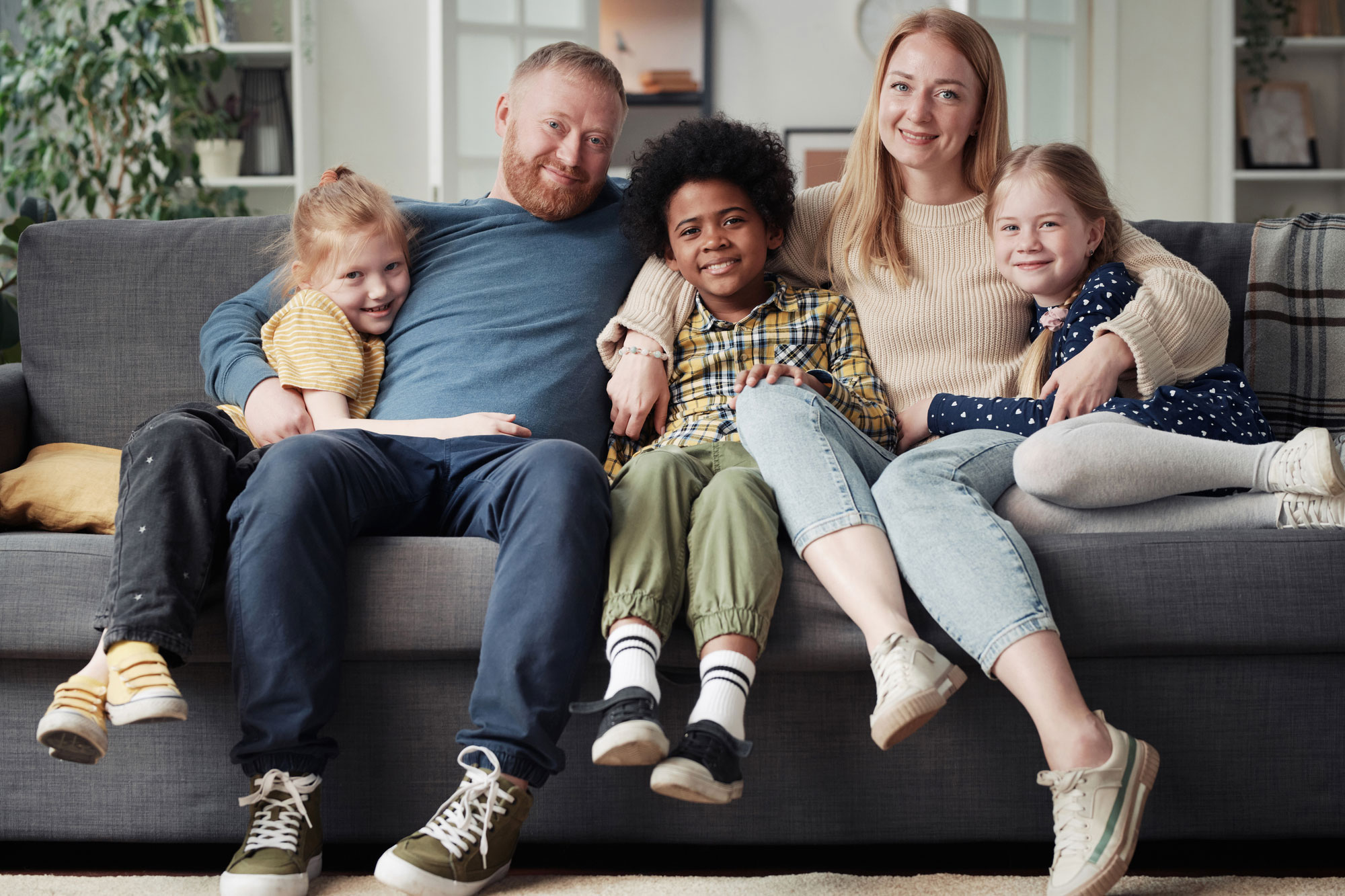What you should know before becoming a foster carer
So, you’re considering becoming a foster carer? That’s wonderful! Opening up your home to provide care for children who are unable to live with their birth families is such an important and fulfilling role. As you start on this journey, there are some key things you should know and consider before moving forward with the process of becoming an approved foster carer.
Training and skills
While you don’t need formal qualifications or previous experience working with children to become a foster carer with Orange Grove Foster Care, you will receive comprehensive training once you begin the approval process. This training covers topics like child development, supporting children who have experienced trauma, first aid, and more.
An openness to ongoing learning and development is essential. You’ll also be matched with children based on your skills, interests, and experience. For example, if you have a background in working with children with disabilities, you may be matched with children with additional needs.

Rewards and Challenges
Fostering is an incredibly rewarding experience – being able to provide a nurturing home to children in need is a special privilege. However, it also comes with challenges. Children in foster care may exhibit difficult behaviours as they adjust to changes in their living situation and cope with past trauma.
As a foster carer, you’ll act as an advocate for the child, liaising with social workers, teachers, and other professionals to access support services. It’s important to have realistic expectations about potential challenges, while also focusing on the joys of fostering.
Your own children
If you have children living with you already, involving them in discussions about fostering from an early stage is crucial. Be open about the process and concept of fostering, discuss their thoughts and feelings, and be prepared to facilitate bonding between them and new foster children joining the family.
Ensure they have access to peer support groups for the children of foster carers. Their views will also be considered during your assessment to become a foster carer.
The assessment process
Becoming a foster carer involves a thorough assessment including background checks, home visits, medical exams, reference checks, and foster care training.
This comprehensive process ensures you possess the qualities and environment required to properly care for vulnerable children. It also confirms your commitment to pursuing fostering for the right reasons – to provide children with safety, nurturing care, and an opportunity to heal and thrive.
Financial support
Approved foster carers receive financial assistance covering the living expenses and care costs of the children placed in their homes. The amount provided depends on factors like the child’s age, individual needs, geographic location, and the fostering agency.
Additionally, foster carers have access to free training/support resources. You should not be significantly financially impacted as a direct result of choosing to foster a child. Support is available.
The decision to become a foster carer is life-changing – for both you and the children you welcome into your home. While rewarding, it also involves commitment, patience, empathy and unconditional care. By understanding the process, required skills, potential challenges and available support, you can make an informed choice about whether fostering is right for you.
The children needing foster homes are counting on people willing to open up their lives to care for them during difficult times. It is a call that, if answered, will lead to profound personal fulfilment.



